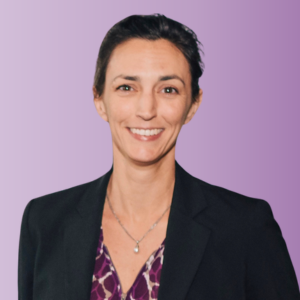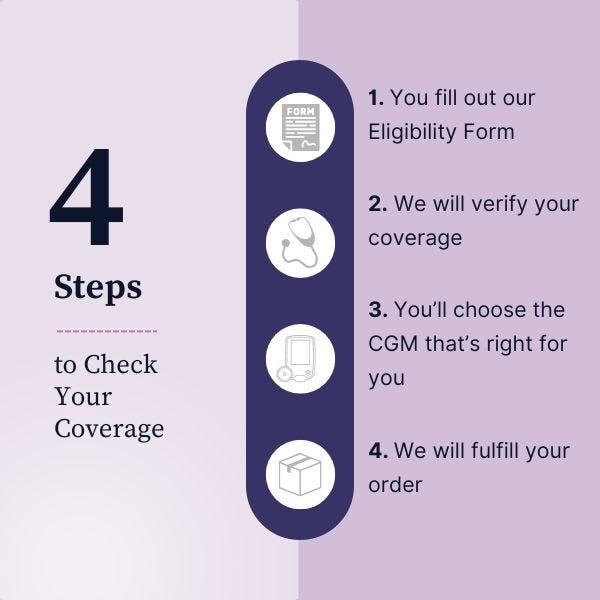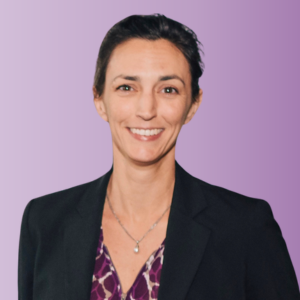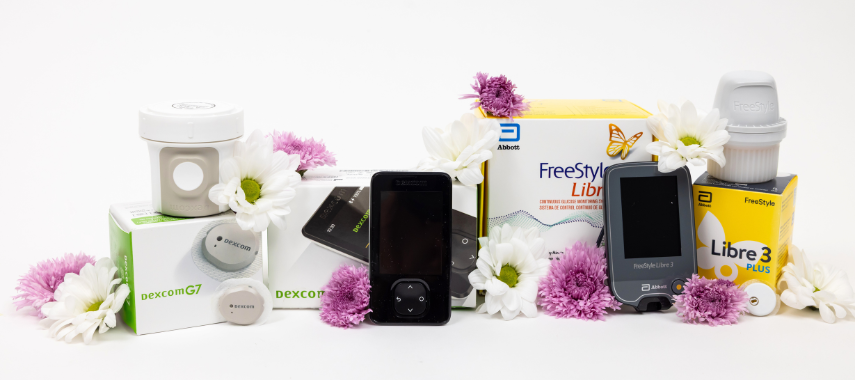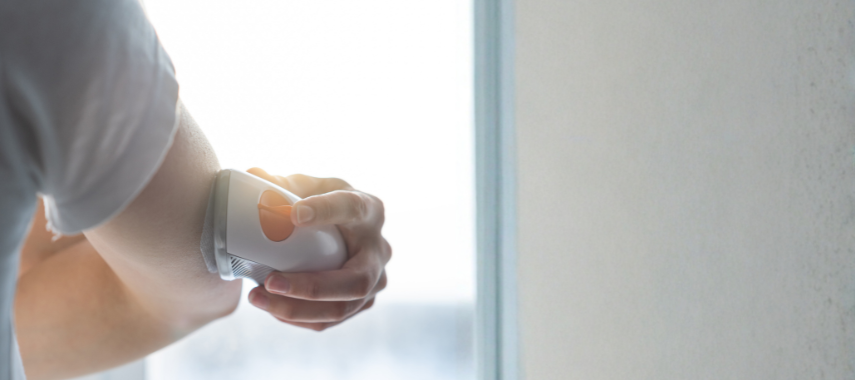Key Takeaways:
- Dr. María Del Mar Félix is a double-board-certified endocrinologist with a passion for compassionate, patient-centered diabetes care.
-
She brings expertise in culturally competent care and is bilingual in English and Spanish, helping bridge health disparities.
-
Her clinical focus and research aim to improve outcomes for underserved populations through education, access, and advocacy.

We're thrilled to announce the newest Medical Advisor at Aeroflow Diabetes team, Dr. María Del Mar Félix Morales. Dr. Félix is a double-board-certified physician specializing in Endocrinology, Diabetes, and Metabolism. With a strong foundation in Internal Medicine and a dedication to compassionate, patient-centered care, Dr. Félix brings extensive experience from both hospital and clinical settings. Her work is particularly impactful among minority and low-income populations, where she focuses on bridging health disparities through culturally competent care delivery. Her bilingual fluency in English and Spanish further enhances her ability to connect with and serve diverse communities, making her an invaluable asset to our mission.
Dr. Félix is a distinguished graduate of Universidad Autónoma de Guadalajara, having completed her Internal Medicine residency at Mayagüez Medical Center before pursuing an Endocrinology fellowship at UT Health San Antonio. Her past and ongoing research on complex endocrine disorders, health disparities, and culturally competent care has been recognized by national organizations, including the Endocrine Society, Texas Endocrinology Association, and the American Association of Clinical Endocrinologists.
Getting to Know Dr. Félix
We sat down with Dr. Félix to learn more about her journey, her insights, and what inspires her work.
Q: What inspired your specific focus on Endocrinology, Diabetes, and Metabolism, and what keeps you passionate about this field?
A: Since I was in medical school, I met an extraordinary endocrinologist who showed me how wonderful and easy to learn the endocrine system and all its pathways are. After that, I focused on learning every step in endocrine medicine, so I can help as many patients as need me. I am so passionate about my field that I enjoy every moment of my day. I do endocrine because I love it, and it's everything that I always wanted to do.
Q: Your research has touched on health disparities and culturally competent care. What are some of the most significant nuances or insights you've gained in bridging the gap for minority and low-income populations in diabetes management and endocrine disorders?
A: As part of my career, I have seen many different populations. But I had the opportunity in Puerto Rico to work with minority and low-income populations. We made a difference among our patients, and helping them fulfilled all my expectations. I learned so much, and I hope in the future to continue that path of helping as much as I can.
Q: Considering your work with complex endocrine disorders, what are some emerging trends or areas of research in endocrinology that you believe hold the most promise for improving patient outcomes in the coming years?
A: I believe that all areas in endocrine will continue to grow. However, diabetes and metabolism will be the most invested in to help improve patient morbidity and mortality. Diabetes is growing exponentially, and for that reason, research needs to continue for the benefit of this population.
Q: With your experience in both hospital and clinical settings, what are some key differences you've observed in the challenges and opportunities for managing endocrine conditions in these environments, particularly for vulnerable populations?
A: Working in the hospital is so different from working at the clinic, from an endocrine standpoint. There are few endocrine diagnoses that cannot be evaluated at the hospital, such as excess cortisol. Also, managing diabetes at the hospital is done with insulin or insulin infusion; whereas at the clinic, we can use multiple oral medications as well as insulin depending on the insulin resistance. A clinical setting also allows us to adjust therapy through continuous glucose monitoring. So, I totally prefer working in the clinical setting because it helps me better manage all endocrine diagnoses. I strongly believe that if we can help diabetes patients in the clinical setting, we can reduce their time spent in the hospital.
Q: Considering your experience, what are some of the most pressing educational needs you see for individuals living with diabetes or other endocrine conditions?
A: Most of the diabetes patients I see need education and recommendations around their diet in order to improve their A1C. Receiving diabetes education and nutrition coaching from personal classes versus educational pamphlets is recommended. Diabetes is one of the more complex endocrine conditions out there, and it requires a lot of educational materials to help the patient. If every endocrinology practice has a diabetic educator who can help with behavioral modification, that will make our lives easier and result in better glycemic control in diabetes.
Diabetes Education and Nutrition Coaching are often covered by insurance and focus on empowering patients through their diabetes journey. Learn more about receiving this guidance and support from Aeroflow Diabetes.
Q: You are bilingual in English and Spanish. How has this linguistic ability influenced your approach to patient care and your understanding of health disparities?
A: Knowing English and Spanish allows me to see more patients, and by switching from one language to another, I can do more for all my patients. Also, there is a health disparity among patients who only know Spanish, and I can alleviate the stress of the communication barrier and help them as much as I can.
Q: What are some of the most rewarding aspects of working with minority and low-income populations and helping them navigate their health journeys?
A: One of the most rewarding feelings when helping minority or low-income populations is seeing their face light up with understanding when I explain their diagnosis and needs in detail, in their language. Also, helping them get all the care that they deserve makes me very happy. I have noticed that these populations don't receive the same care as the majority - because they don't understand the language. So, one of my main goals is to treat everyone with the same care as if they were my family.
Q: Outside of your clinical and research work, what are some of your personal interests or experiences that you feel might bring a unique perspective to your role as an advisor?
A: As a young doctor, I can receive and provide different perspectives on life changes. This allows me to continue growing my medical knowledge so I can keep helping and making a small difference in the world.
We are incredibly excited to have Dr. Félix on board and look forward to the profound impact she will have on our mission. Please join us in extending a warm welcome to Dr. Félix!
Disclaimer
Information provided on the Aeroflow Diabetes blog is not intended as a substitute to medical advice or care. Aeroflow Diabetes recommends consulting a doctor if you are experiencing medical issues or concerns.

